Egypt walks steadily towards economic and political collapse
EUGENIO GARCIA GASCON
The economic and political situation in Egypt has been alarming for years. The global crisis resulting from the war in Ukraine has had a very negative impact on this country of more than 100 million inhabitants, which since 2013 has been ruled by President Abdel Fattah al-Sisi with an iron hand, and where the expectations of the population, for the most part poor, they are not flattering and social deterioration does not stop growing either.
Countries like Saudi Arabia and the United Arab Emirates have been helping Egypt for years with self-interested generosity. They have sent, and continue to send, billions of dollars to Cairo to prop up Al Sisi, but these vast amounts of money have failed to stabilize the economy of a country that is bleeding daily.
Saudi Arabia and the Emirates have designed an ambitious program to prevent political Islam from establishing itself anywhere in the Arab world, and Egypt is a capital country that they cannot let fall, which explains their generosity. However, the question that hovers in the air is whether Al Sisi will be able to stay in power for much longer under these circumstances.
The question does not have a simple answer. It cannot be ruled out that in the short or medium term, if deterioration continues at this rate, he will be removed from power and replaced by another autocrat. The chances of the Islamists rising to the top are practically nil considering that the prisons are full of them and the Islamist leadership has decided not to resort to violence.
A recent report in Foreign Policy is in favor of putting an end to the Al Sisi era, and accuses the president of allocating immense fortunes to pharaonic projects that do not improve the living conditions of the suffering population. However, the population has not taken to the streets to protest until now, as happened in 2011 under President Hosni Mubarak, probably because the fear of Al Sisi is greater than the fear of Mubarak.
In 2011, President Barack Obama failed to respond to Mubarak's desperate calls for help and dropped him. This summer, President Joe Biden met with Al Sisi, sending a signal that can be described as ambiguous, but that in a certain way supports his policies. It is clear that neither the Western nor the regional powers want experiments of any kind with the Islamists, including those who have renounced the violent path.
The vector that can most destabilize Egypt is food. On this front, Al Sisi's room for maneuver is limited by the international crisis. The war in Ukraine has shaken world grain markets and Egypt, despite being a notable producer, needs imports to satisfy the domestic market.
At the same time, Al Sisi has not abandoned any of his major investments, including the construction of a new administrative capital, the expansion of the Suez Canal, through which 12 percent of world trade passes, a nuclear reactor and weapons. His idea is that these gigantic investments drag the economy towards growth, something that has not happened so far.
The planned budget for the new administrative capital is 60.000 million dollars. A name has not yet been given to this incipient city located 45 kilometers east of Cairo and under construction since 2015. The government expects that it will house the ministries, the diplomatic representations and that it will become a large financial center. Many Egyptians complain that the new capital will only serve the elites and not the popular classes.
In mid-August, the governor of the Central Bank resigned after seven years in office. The Egyptians fear that this resignation marks a further deterioration of the economy, with a new devaluation of the pound certified at the end of October, as well as other measures that will undoubtedly imply a rise in the cost of living that ordinary people will have to bear as it already happened in 2016.
The situation is so dire that Saudi Arabia, the Emirates and Qatar have pledged to invest $22.000 billion in Egypt. Saudi Arabia and the Emirates are horrified by the possibility of the Islamists taking power in the most populous Arab country, something that does not seem likely in the current circumstances, but cannot be completely ruled out in the medium term.
If the deterioration continues, the most reasonable thing is to think that some military man will take control. At the moment the president, who also comes from a military career, continues to count on the generous help of the Persian Gulf and as long as that help arrives, it is most likely that he will continue to command, or that he will be replaced by a military man who does not substantially vary the known anti-Islamist policies. Egypt is too big a country to abandon to its fate, since its situation could reverberate throughout the Arab world.
The repression practiced by the security forces is very strong and ordinary Egyptians do not want to risk entering prisons in really complicated circumstances, which is why it is difficult to imagine popular uprisings like those that have occurred in Sri Lanka or Ecuador. But the resignation of the population also has a limit and the economic situation can push people to take to the streets.
If a senior military official succeeds Al Sisi, he will have a no less complicated task, since the economic situation is desperate. Although some analysts maintain that the main problem is its mismanagement, it is evident that the visible deterioration of the global situation does not facilitate the government of a country so in need of foreign aid.
Egypt may be said to be in a balance in which its two pans have not yet tipped in either direction. On the first plate is foreign aid, vital for Egypt, which has a limit that has not yet been reached. On the other side is the resistance of the population to the cost of living, which for the moment has not translated into street protests.
Faced with this dilemma, the West has sided with the autocrats and against Islamism, including moderate Islamism. Although now a change seems difficult, at one time or another, the precarious balance of the balance may tip in the opposite direction to the interests of Al Sisi and open a more turbulent time not only in Egypt but in the entire region.
Eugenio Garcia Gascon He has been a correspondent in Jerusalem for 29 years and is a Cirilo Rodríguez award for journalism.

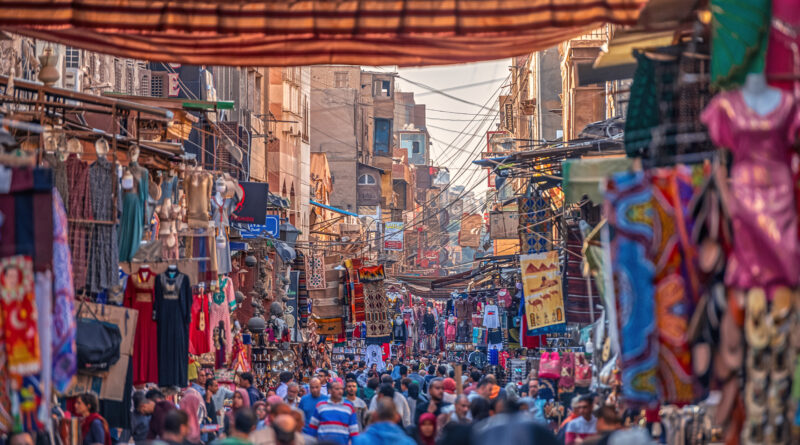




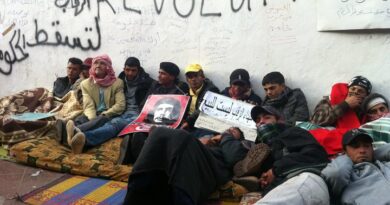
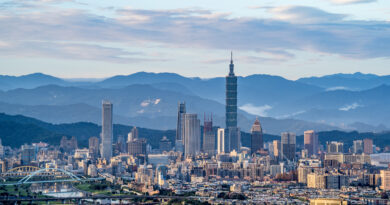

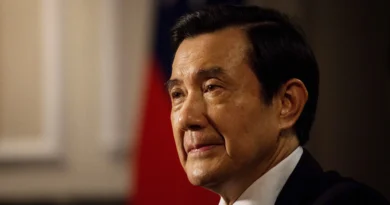

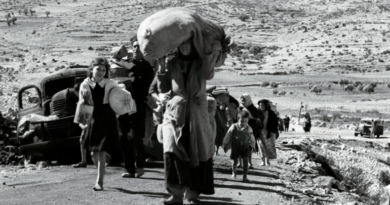

Pingback: Egypt walks steadily towards economic and political collapse | NR | alternative journalism